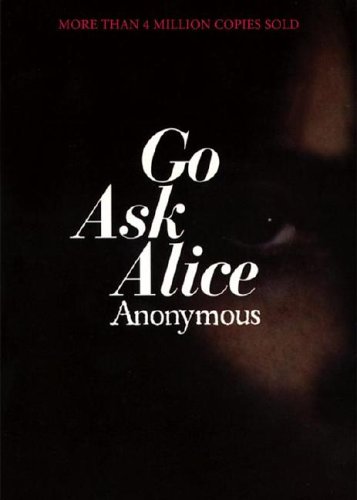Systematic Student:
aight
Review: Heart of Darkness by Joseph Conrad

Review: Extraordinary by Nancy Werlin

Review: Pegasus by Robin McKinley

Review: Carver and Sylvia — a life in verse

Review: Angelfire by Courtney Allison Moulton

Review: Liam the Leprechaun by Charles A. Wilkinson

Review: The Trouble with Half a Moon by Danette Vigilante

Review: Torment by Lauren Kate

Review: Nick & Norah's Infinite Playlist by Rachel Cohn & David Levithan

Review: John Lennon: All I Want is the Truth by Elizabeth Partridge

Review: Personal Demons by Lisa Desrochers

Review: Hunger by Jackie Morse Kessler

Review: The Invisible by Mats Wahl

Review: The Thyssen Affair by Mozelle Richardson

Review: Thumbing Through Thoreau — Compiled by Kenny Luck

Short Stories of Isaac Bashevis Singer

What am I missing?! or Why I don't particularly like Shel Silverstein

Review: Go Ask Alice by "Anonymous" (aka Beatrice Sparks)

Review: The Trumpet of the Swan by E.B. White

Review: The Water Wars by Cameron Stracher




















